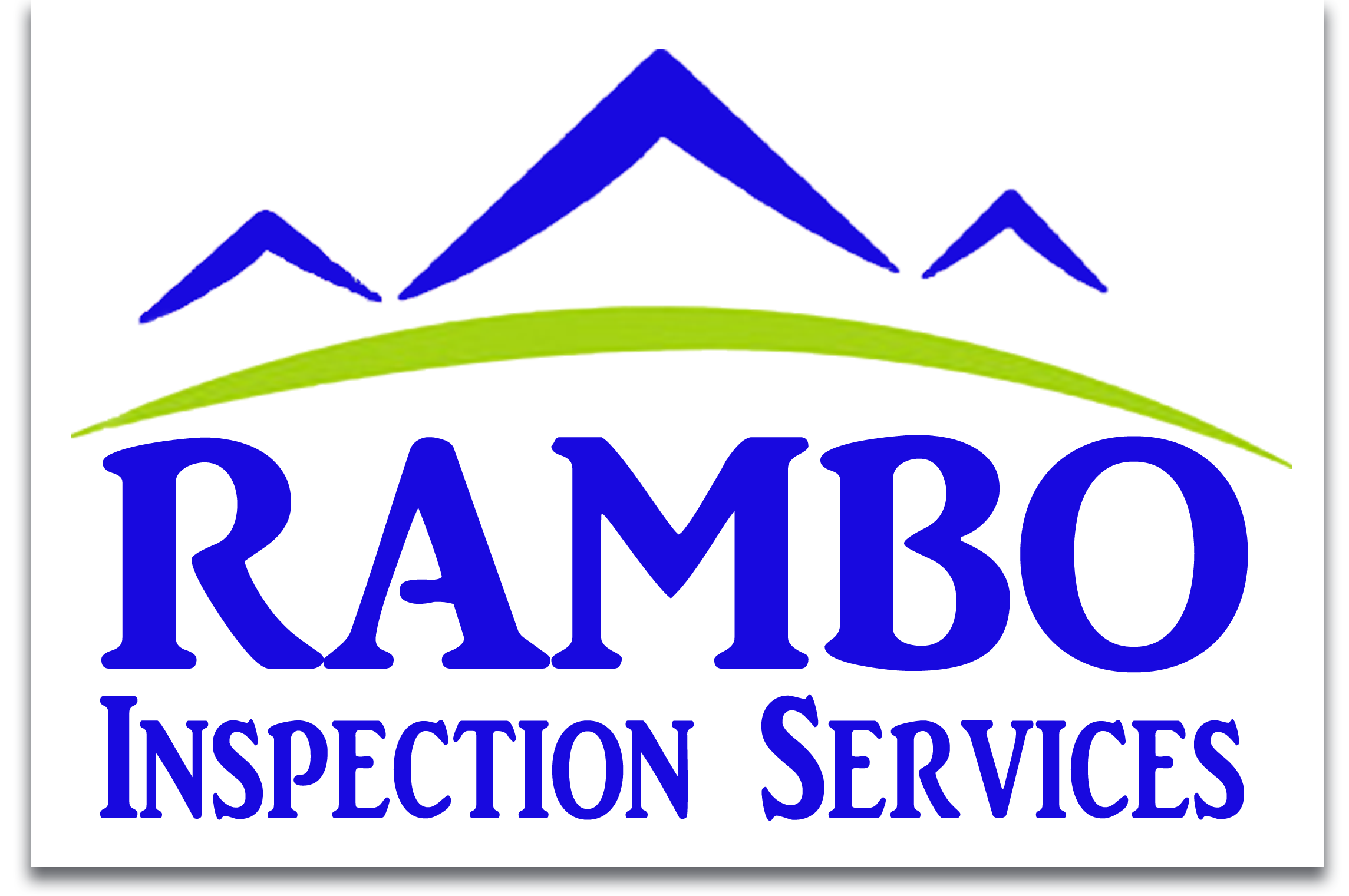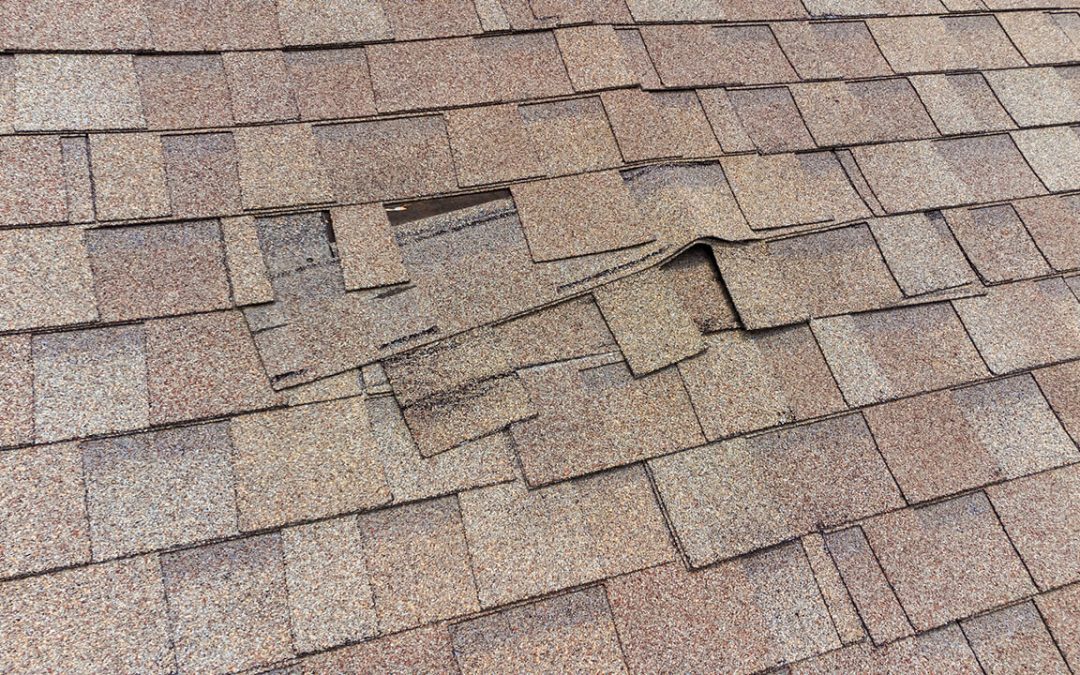Owning a home comes with the responsibility of upkeep, and while some repairs can wait for the weekend, others demand immediate attention. Ignoring certain issues may lead to significant safety risks, costly damage, or even compromise the structural integrity of your home. Knowing the difference between routine maintenance and emergency home repairs is key to protecting your investment and peace of mind.
Home Repairs Related to Water Damage
Water has a sneaky way of causing major problems. A small leak may not seem like a big deal, but it may result in mold growth, warped floors, rotting wood, and even structural damage over time. If you notice water pooling, dripping from the ceiling, or seeping into walls, you’re facing an emergency home repair. Common culprits include burst pipes, roof leaks, faulty water heaters, and clogged gutters. Acting quickly will prevent thousands of dollars in water damage and keep your home safe and dry.
Electrical Home Repairs That Are Safety Risks
Electrical issues are among the most dangerous problems a homeowner will face. Flickering lights, hot outlets, burning smells, or frequently tripped breakers aren’t just annoyances; they’re warning signs of something more serious. If not addressed immediately, faulty wiring or overloaded circuits could result in electrical fires. Electrical repairs require a professional electrician to inspect and repair the issue safely. If in doubt, always err on the side of caution and turn off power to the affected area until help arrives.
Foundation Cracks and Structural Concerns
Your foundation supports everything above it. So when you see cracks forming along walls, ceilings, or floors, especially if they’re widening over time, it’s time to act. Some cracks are harmless, but others indicate settling or movement that could threaten the structural stability of your home. These types of repairs often involve a structural engineer or foundation specialist. Waiting could mean more costly fixes later or even a collapse in extreme cases.
Emergency Home Repairs: Gas Leaks or Furnace Failures
A gas leak is one of the most dangerous emergencies a homeowner can face. If you smell gas (often with a “rotten egg” odor), leave the house immediately and call your utility provider. Don’t try to fix the issue yourself; this is a professional job.
Similarly, if your furnace fails in the dead of winter, especially in areas where temperatures drop below freezing, this becomes an urgent home repair. Frozen pipes, hypothermia, and unsafe space heater use are all risks that heating failures could cause.
Roof Repairs That Can’t Wait
Missing shingles, sagging areas, or visible holes in your roof aren’t something to put off. Even if it’s not raining, a compromised roof exposes your home to future storms, pests, and potential structural issues. Professionals should handle emergency roof repairs to avoid injury and ensure proper sealing. Quick action will prevent widespread damage to insulation, drywall, and belongings.
Sewer Backups and Drainage Problems
It might be more than a clog if you’re experiencing slow drains, gurgling toilets, or foul odors from your plumbing. Sewer backups pose serious health risks and lead to extensive contamination if not resolved quickly. Unlike minor plumbing issues, sewage-related emergency home repairs often require specialized cleanup and repair to prevent biohazard exposure. Time is of the essence to avoid water damage, mold growth, and health hazards.
Recognizing and addressing emergency home repairs is a crucial part of responsible homeownership. When something goes wrong, swift action protects your home, finances, and family. Hire a home inspector for a home maintenance inspection to identify what needs urgent repairs and what routine tasks to prioritize before they turn into major issues.
FAQ
How can I tell if a home repair is an emergency?
If the issue threatens your safety, the structure of your home, or could cause extensive damage in a short period, it’s an emergency. Examples include gas leaks, electrical problems, major leaks, or sewer backups.
Who do I call for emergency home repairs?
Call your utility company or emergency services first for dangerous situations like gas leaks. Contact licensed professionals such as plumbers, electricians, roofers, or restoration experts for others.
What should I do while waiting for a repair professional?
If safe, shut off water or power to the affected area to prevent further damage. Avoid using the damaged system and keep pets and children away from the area.
How can I prepare for future emergency home repairs?
Create an emergency fund, keep a list of trusted local contractors, and regularly inspect your home to catch issues early before they escalate.
Can insurance cover emergency home repairs?
Homeowners insurance often covers sudden, unexpected damage like burst pipes or storm-related roof damage. Routine wear and tear or neglect is usually not covered, so regular maintenance is still essential.
What’s the risk of delaying home repairs that seem minor?
Even small issues can escalate quickly. A minor leak could lead to mold or structural damage, and electrical problems could cause fires. Acting early saves money and reduces risks in the long run.
Rambo Inspection Services provides home inspections in the Chicagoland area. Contact us to schedule our services.

